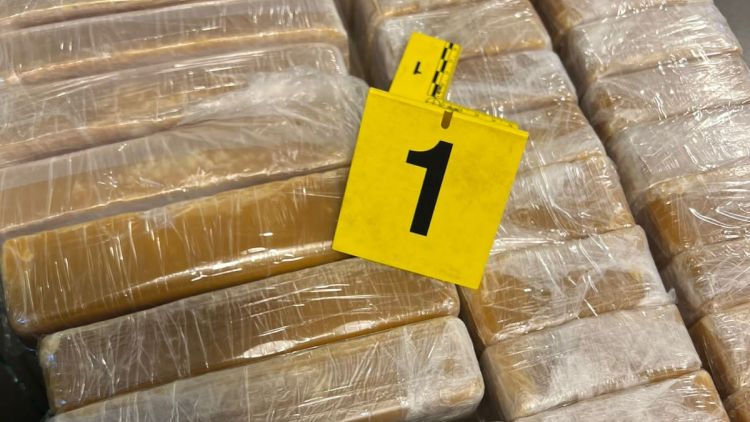The price of Petroleum Texas Intermediate (WTI) fell 1.7% this Tuesday and closed at $118.93 after having started the day in positive in reaction to the mismatch between strong demand and low supply in the market.
As trading ended on the New York Mercantile Exchange (Nymex), WTI futures contracts for July delivery lost $2 from the previous close.
The Petroleum benchmark in the United States started the day on the rise after confirming that OPEC, instead of increasing its supply of crude oil as it had agreed to contribute to the reduction of prices, reduced its pumping to 28.51 million barrels per day (mbd), 176,000 barrels per day less than the volume of crude extracted in April, according to data released Tuesday by the Vienna-based group of 13 countries.
The production of crude “declined in Libya, Nigeria, Iraq, Gabon and Iran”, admitted today the Organization of Exporting Countries of Petroleum (OPEC) in its monthly report, commenting on the estimates from “secondary sources”, that is, from independent institutes, on which the aforementioned figures are based.
Throughout the day, the price of a barrel eased until ending with losses and falling back below the level of 120 dollars, around which the black gold has been fluctuating for more than a week.
Analysts justify this change in trend by information published by the Bloomberg agency on a possible proposal by a Democratic senator from Oregon to introduce a 21% surtax on benefits for the Petroleum.
For its part, the price of gas futures contracts for July fell 1.42 dollars, almost 16.5%, to 7.18 dollars, its lowest price in five weeks, after a fire in a facility of the Freeport LNG company, which has warned that the repairs will last until the end of the year.
Gasoline futures contracts due in July fell about 4 cents to $3.99 a gallon.

















